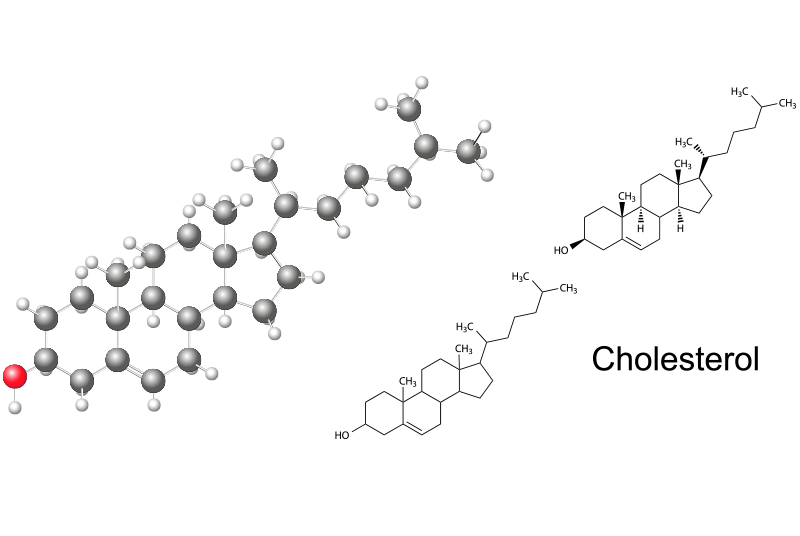The blood count as a reflection of your health
Blood values and all they reveal
Every person is unique. Consequently, the diet and the body's metabolism differ from person to person. Blood values reflect these factors best, are used for the analysis of health and allow conclusions to be drawn, e.g. regarding possible nutrient deficiencies or surpluses.
However, the multitude of different blood values resulting from the small and large blood count is difficult for laymen to understand. For Metabolic Balance an in-depth blood analysis is an indispensable instrument to bring the metabolism into balance and to maintain it.

Diabetes - a widespread disease - Sustainably improving symptoms through nutrition
The figures are alarming: Worldwide, about 415 million people (approx. 8.9 percent of the total population) suffer from diabetes. In Germany alone, about 7 million people are affected and the trend is still rising.
More than 90 % of patients suffer from the 'acquired' form of diabetes (diabetes mellitus type 2). The main cause for this is an unhealthy diet, accompanied by overweight and too little exercise.
With the help of a healthy diet adapted to the individual metabolism, the symptoms of diabetes can be alleviated and an external insulin supply significantly reduced.
Cholesterol - starting point for essential substances

Cholesterol is an extremely misunderstood substance. Concentrated too high, it can lead to arteriosclerosis (blockage of blood vessels) and thus in the long term to a heart attack or stroke.
At the same time, however, cholesterol is the starting point for hormones such as sex hormones. Cholesterol is also used to produce the bile acids required for the digestion of lipids (fats) and Vitamin D, known as "sun hormone". It is indispensable for the human organism and is supplied to the body on the one hand through food and on the other through self-synthesis.
A healthy diet with a balanced supply of the main nutrients (carbohydrates, protein, fat) keeps the cholesterol level in balance.
Uric acid - causes for increased blood values
Uric acid is an end product of the purine metabolism. It is a metabolic final product that the body does not need and is therefore excreted mainly via the kidneys, but also via the intestines.
An increased uric acid level (hyperuricemia) in the blood can have various causes:
- increased supply of purines through food (e.g. intestines)
- deficient precipitation
- Increased self-production through cell decay or cell remodelling
- Medicines (e.g. antihypertensive drugs)
- kidney diseases
- alcoholism
Often, an increased uric acid level is generally associated with an excessive supply of purine via the diet. However, most of the uric acid in the body is caused by the body's own breakdown of protein from muscle cells.
An exact consideration of the uric acid values under consideration of all relevant factors is therefore necessary and can be regulated with the help of a metabolism program based on the blood analysis.
36 blood values and parameters
Indispensable basis for a successful metabolism change
Our metabolism is like an orchestra. All processes interlock and create harmony, but this is out of balance for many people due to improper nutrition.
Find out in the video how you can become the conductor of this orchestra through Metabolic Balance and why a blood analysis is essential before you change your diet.
Experience yourself the effectiveness of the Metabolic Balance metabolism program and find a nutrition expert near you now.
